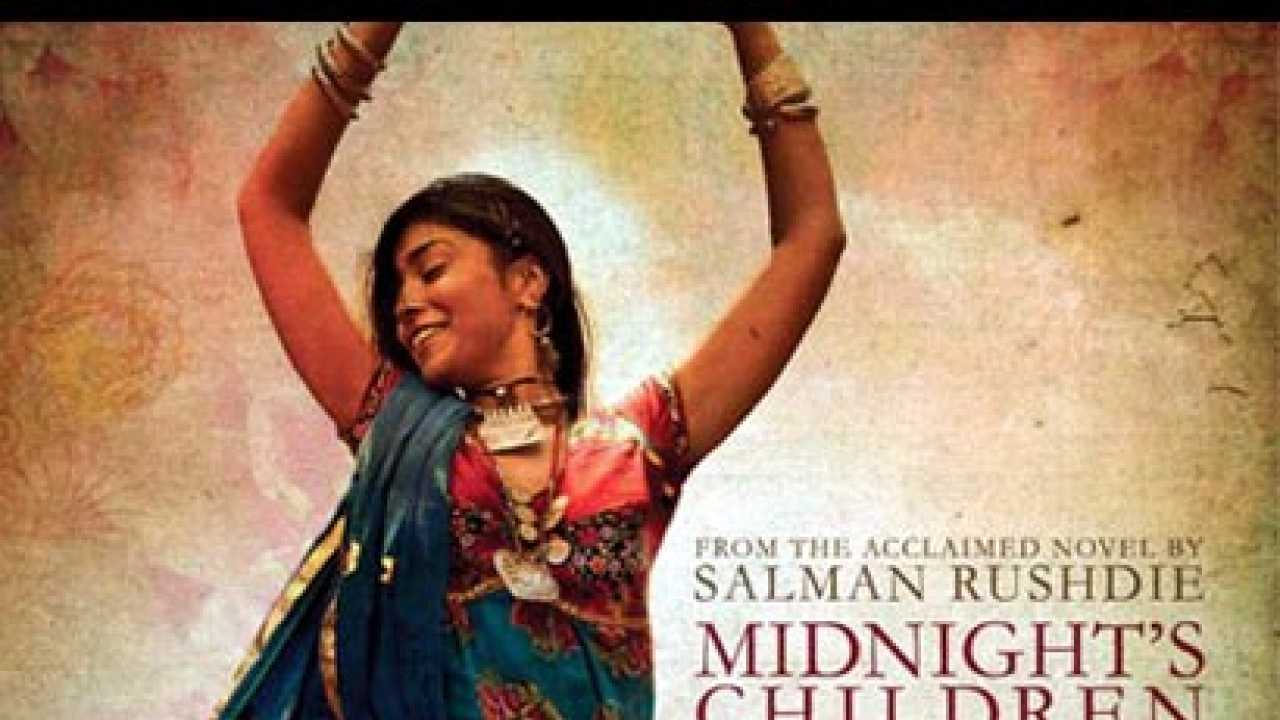
Film: Midnight's Children
Cast: Satya Bhabha, Shriya Saran, Seema Biswas, Shabana Azmi, Anupam Kher, Siddharth, Rahul Bose, Soha Ali Khan
Director: Deepa Mehta
Rating: **
Born on the stroke of midnight when India gained Independence, the fate of Saleem Sinai (Bhabha) is handcuffed to that of the nation's. Beginning in Kashmir at the dawn of the twentieth century, the film takes a generation-spanning look at the Sinai family while showing us Sinai’s unique gift bequeathed to him by fate.
The trailer of the film made Deepa Mehta's adaptation of Salman Rushdie's magnum opus out to be a superhero chase movie with the India of yesteryear as a backdrop. It also laid bare a shocking revelation that one comes across by the end of book one which comes like a sucker punch to the gut. Bur trailers often being what covers are to books, I watched the film with less-than-zero expectations. As it turned out, as standalone work of art, Midnight's Children is an uneven and underwhelming experience.
The book’s irreverant wit, irony and themes related to identity are skimmed through as Rushdie, the screenwriter, truncates his well-padded child. The sumptuous feast that is the source material is made insipid by holding back on the beautiful and grotesque ingredients that comprise it.
Saleem Sinai's humourous riddle-filled stream-of-consciousness narrative is reduced to a jaunty voiceover (by Rushdie). The role of his lover Padma, a perplexed listener, (with whom the reader could identify) is removed all together. A linear narrative is not a bad thing, but less challenging films have flouted it for more superficial reasons. The symbolism and motifs that favour the visual medium — which the novel has in spades — is scant. The evolution of Saleem’s sister, for example, meets with an abrupt ending. Some of the best lines in the book surface as crudely accented utterances, awkwardly executed by the cast.
Gripping adaptations force viewers to reconcile the on-screen character portrayals with the one’s visualised while poring through the book. Here, with so-so performances and sketchy writing, the characters in the script are shells of themselves with the exception of Biswas, playing Mary, the aiyah. Azmi (her role as the family matriarch, tragically reduced), Bose and Saran are decent while Bhabha, playing the cucumber-nosed protagonist, lacks presence and doesn’t own the role. Siddharth is miscast as the vengeance-filled Shiva, Saleem’s materialistic counterpart.
As for the visuals, the ‘exoticism’ that riles critics so, isn’t much of a concern as the fact that the film doesn’t live up to its aesthetic potential, with the exception of the bustling magicians’ ghetto is Delhi.
Enough harping about the poor translates to screen. Here are sound bites from fellow reviewers who hadn’t read the book:
“Was the book a satire?”
“I didn’t know it was a children’s book (during the interval)”
“Pretentious; everything seems staged”
Rushdie said early that the book was not infilmmable. While that may be so, film isn’t the visual medium that can do justice to the work. Perhaps the BBC mini-series would have fared much better.
Midnight's Children doesn't hint at the sublimeness that is the novel and it makes for a tedious watch. It would have taken an ingenious act of condensation (look at the brilliant adaptation of Rushdie’s one-time bête noire John le Carre’s Tinker Tailor Soldier Spy to not make the film look like an overblown history lesson but alas!